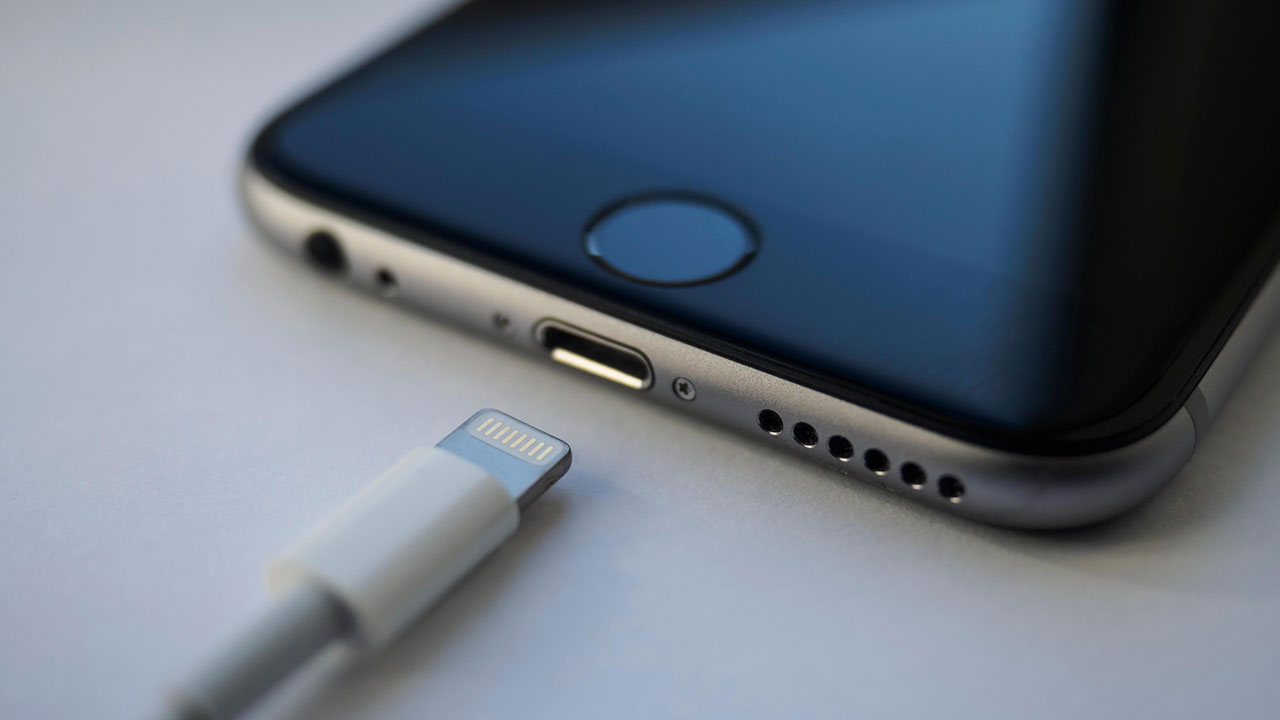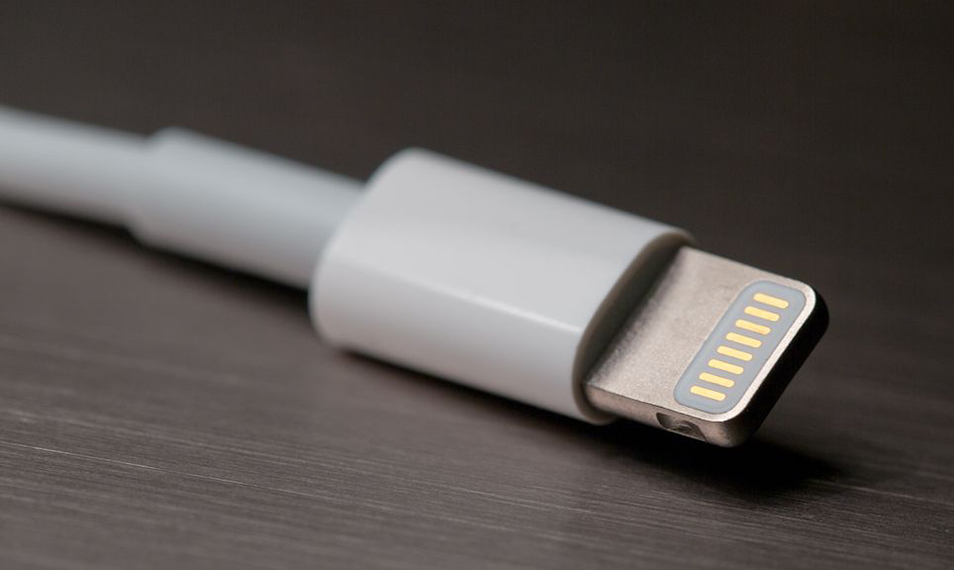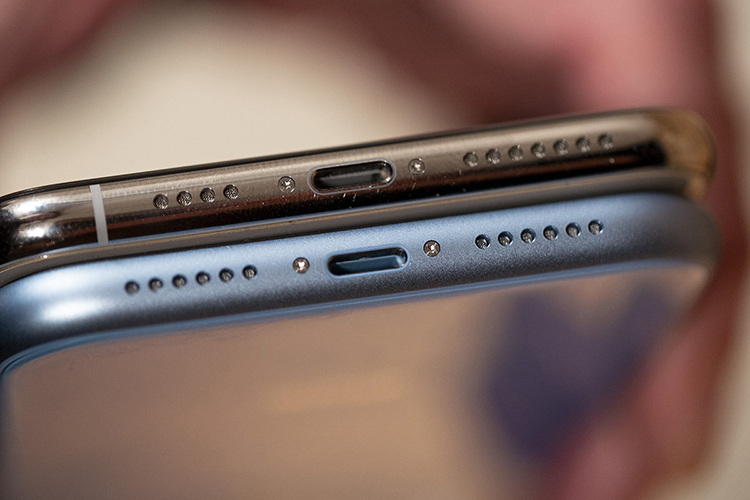
In early January, the European Union announced its intentions to create a law to force smartphone manufacturers to adopt a standard charging method for all smart phones. The European Union claims that this will benefit consumers and the environment. However, Apple thinks differently and recently came out against the draft bill, saying that it will only harm consumers in the long run.
According to the Cupertino tech giant, standardizing smartphone chargers will only serve to stall innovation in the industry and create conformity among users, and it will also generate a lot of electronic waste, which in the long term will harm consumers and manufacturers alike. .
Apple maintains its stance: According to Apple, EU charger regulation will only harm consumers
Certainly Apple is acting in its best interest and trying to defend its business , as it would suffer the biggest losses as the largest manufacturer in the industry that uses a proprietary charger (Lightning Port). As if that were not enough, a significant percentage of its income comes from the sale of chargers and adapters, since, being a proprietary design, Apple can charge other companies to make accessories for Apple products.

On the other hand, this would not be a problem for the manufacturers of Android smartphones, which have mostly adopted USB type C, leaving the old Micro-USB relegated to low-end devices.
Nonetheless, Apple commissioned a study from analytics firm Copenhagen Economics to prove its point. This study points out the negative effects of this legislation conceived by the European Union.
According to the study, this regulation would cost consumers 1,500 million euros if it enters into force, exceeding the 13 million euros associated with environmental benefits.
The study carried out also claims that about 49% of European homes use different types of chargers, of which only 0.4% have some kind of problems.

From another point of view, the European Commission has been pursuing a common charger since 2009 , in which it made Huawei, Samsung, Apple and Nokia sign a voluntary memorandum to standardize the chargers of the new smartphone models that would come to the market. market in 2011. Judging by the time that has passed, this voluntary approach has not worked and there is no other option but the legal route.
Likewise, the European Commission reported that it will publish in February this year a study on the impact of a common charger for the industry.





